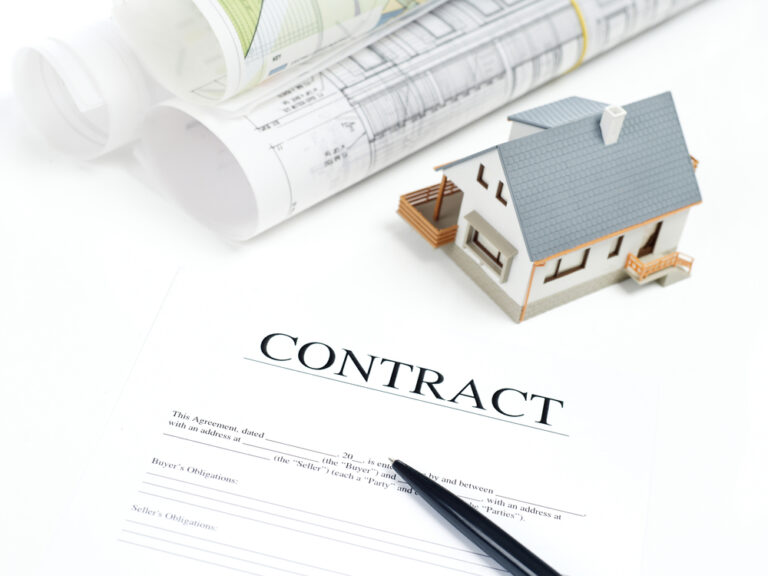|
🏦 What is an appraisal in real estate? 🏦
A home appraisal is a process that allows banks to determine a home’s fair market value. Most mortgage lenders require a home appraisal before approving a loan.
|
The appraisal process is an essential part of most real estate transactions.
Home appraisals are typically required because lenders don’t want to approve a loan that exceeds a property’s fair market value.
A good appraisal — one that aligns with your home’s fair market value and sale price — means that lenders will be more inclined to back potential buyers.
However, a low appraisal can deter prospective buyers, or even cause the sale to fall through. This is known as an “appraisal gap,” since there’s a gap between the price you want buyers to pay and what a lender will approve for them.
Read on to learn how appraisals work, how much they cost, and when it’s possible to skip one.
How Much Does a Home Appraisal Cost?
A home appraisal costs $350 on average, according to 2022 data from HomeAdvisor. You’ll typically pay a flat fee or an hourly rate (and any other arrangement can be a sign of an unethical lender).
In practice, home appraisal costs can range from $313 to $420 and are based on your home’s size, condition, and location. Appraisals for multifamily homes can cost much more — up to $1,500.
While home appraisal costs are fairly standard, you can save on other aspects of your next home purchase or sale.
Can I Skip an Appraisal?
Although home appraisals are standard practice in most real estate transactions, it is possible to skip an appraisal.
If you’re planning to sell your home to a cash buyer, for example, there won’t be a mortgage lender involved at all.
Different rules apply to refinancing, too. You won’t need an appraisal if you’re refinancing a home worth less than $250,000.
What Happens If My Appraisal Isn’t Accurate?
Although home appraisals are supposed to provide an objective measure of your home’s value, there’s still room for mistakes or bias to creep in.
If you’re unhappy with your appraisal, you can request a second opinion — but unfortunately, you’ll likely have to pay for it yourself.
According to the National Association of Realtors, bias in home appraisals disproportionately affects Black homeowners, who are more likely to be told their home is worth less than its true value.
If you believe you’ve been affected by discrimination, you have options — you can file a complaint, seek support from a fair housing specialist, or contact the Consumer Financial Protection Bureau.
What Happens During a Home Appraisal?
During a home appraisal, a licensed appraiser will perform a basic inspection of your home. They’ll assess the condition of your home’s features, measure spaces, and look for any signs of damage.
After the inspection, your appraiser will run a comparison — known as “comps” — against similar properties nearby. They’ll compare your home to recent sales to determine your home’s worth and issue a final appraisal report.
Exterior Inspection
A licensed appraiser will assess your home’s exterior features, including:
- Exterior siding or paint
- Roof
- Gutters
- Foundation
- Permanent fixtures (e.g., sprinklers, landscaping, pools, patios, and decks)
The appraiser will also measure the the square footage of your front- and backyards.
Interior Inspection
During your home appraisal, your home’s interior features will also be inspected, including:
- Layout
- Number of bedrooms
- Number of bathrooms
- Condition and materials of interior surfaces (e.g., walls, ceilings, floors, and countertops)
- Functionality of electrical sockets, lighting, ceiling fans, plumbing fixtures, and built-in appliances
- Presence and functionality of air conditioning, furnaces, and duct work
- Presence of an insulated attic and any firewalls in attached homes
- Type and condition of your windows and doors (including security features)
- Any kitchen or other appliances that will remain in the home post-sale
- Upgrades or desirable features that add to the value of your home
Your appraiser will also take precise measurements of your living spaces to confirm your home’s square footage.
Although they’ll measure the garage and basement (if you have them), those spaces aren’t considered livable — but a finished garage or basement can increase your home’s market value.



